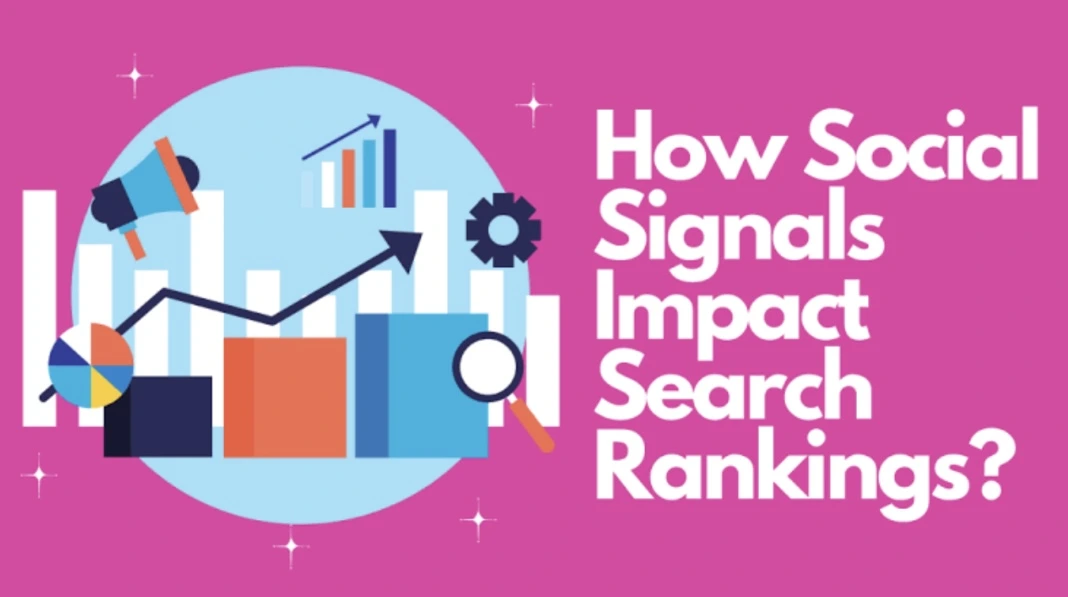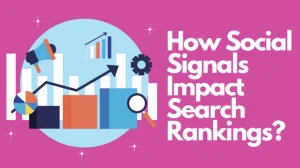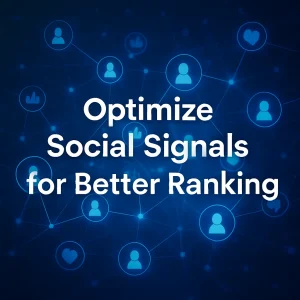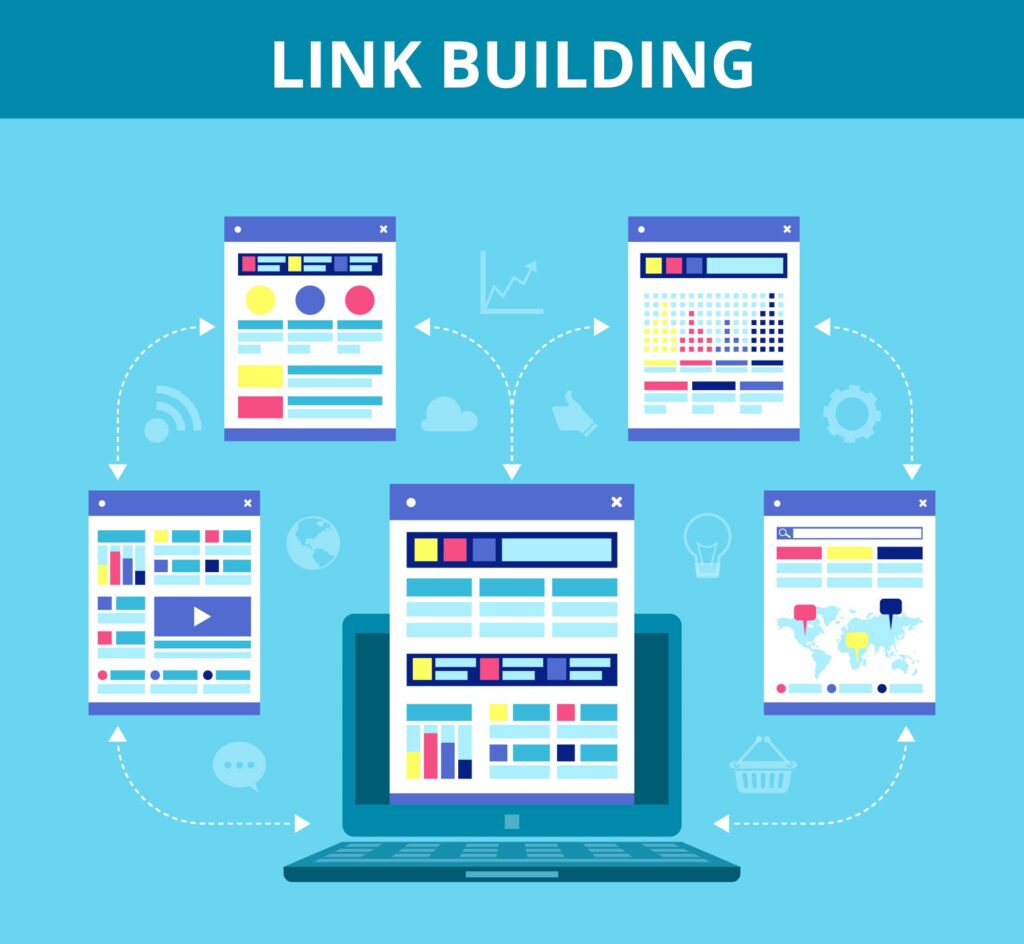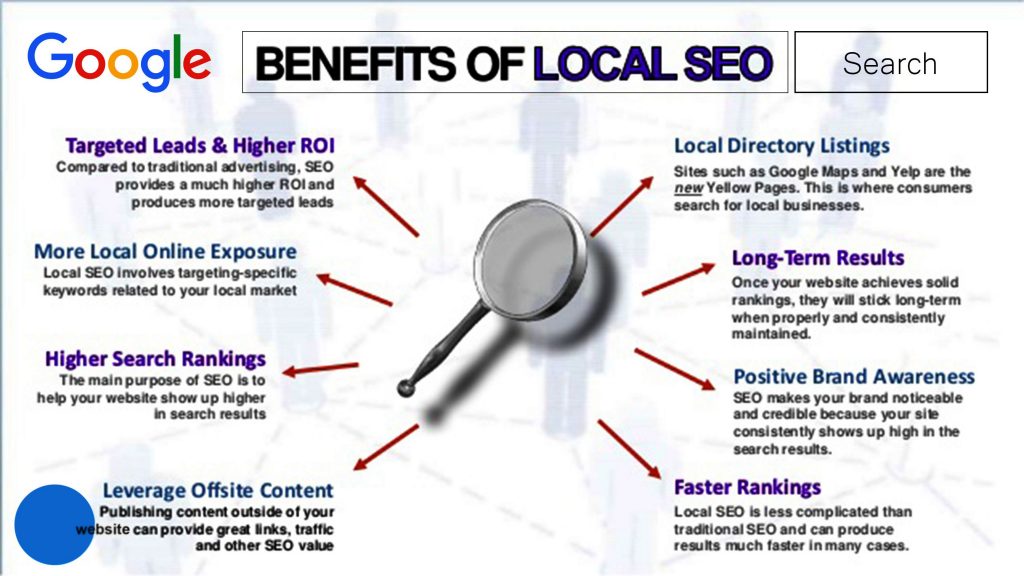SEO is always evolving, with new trends emerging as technology advances and search engine algorithms shift. Staying on top of the latest developments is crucial to maintaining a competitive edge in the digital marketing landscape. So, what’s currently making waves in SEO? Let’s explore the key SEO trends you can’t afford to ignore in 2024.
1. AI-Driven SEO Trends: A Game Changer for Optimization
Artificial intelligence (AI) is revolutionizing SEO by automating key tasks like keyword research, content creation, and performance analysis. AI tools such as ChatGPT and Jasper are enabling faster, more efficient SEO strategies, while Google’s AI models like MUM (Multitask Unified Model) are focusing on understanding content deeply and providing more relevant search results.
How to take advantage of AI in SEO:
- Use AI tools to enhance keyword research and content generation.
- Align your content with AI-driven algorithms that prioritize relevance and user satisfaction.
- Utilize platforms like Surfer SEO and Clearscope to refine content for better search rankings.
2. Visual Search Gaining Momentum

Visual search, powered by tools like Google Lens and Pinterest Lens, is becoming a major factor in search engine behavior. It allows users to search using images instead of text, creating a new avenue for SEO.
How to optimize for visual search:
- Ensure all images on your site are optimized with relevant alt text.
- Use original, high-quality images for better engagement and searchability.
- Implement an image sitemap to help search engines index visual content effectively.
3. E-A-T: Now Includes Experience
Google’s E-A-T framework (Expertise, Authoritativeness, Trustworthiness) has evolved to include Experience as a crucial factor in ranking content. This means Google is now rewarding content that shows practical, real-world experience, not just theoretical expertise.
How to improve E-E-A-T (Experience, Expertise, Authoritativeness, Trustworthiness):
- Provide real-world examples, case studies, and testimonials to showcase your experience.
- Display credentials and qualifications of content creators to increase authority.
- Regularly update your content to reflect the latest insights and developments.
4. Voice Search Optimization

With the popularity of voice assistants like Siri, Alexa, and Google Assistant, optimizing for voice search is more important than ever. Voice search queries tend to be longer and more conversational, requiring a different approach to SEO.
How to optimize for voice search:
- Focus on natural language and long-tail keywords.
- Provide concise, direct answers to questions to enhance your chances of appearing in voice search results.
- Pay attention to local SEO, as voice searches often have a geographic component.
5. Core Web Vitals and User Experience
Google’s Core Web Vitals continue to be a key ranking factor. These metrics – Largest Contentful Paint (LCP), First Input Delay (FID), and Cumulative Layout Shift (CLS) – measure user experience in terms of site speed, interactivity, and stability.
How to improve Core Web Vitals:
- Optimize image size and implement lazy loading.
- Minimize JavaScript and CSS files to speed up your site.
- Make sure your site is mobile-friendly and responsive to enhance the user experience.
6. Featured Snippets: Getting Your Content to Position Zero
Position zero, or the featured snippet, is a prime spot in search engine results. It’s a quick, concise answer that Google displays at the top of the page, making it an attractive target for SEO strategies.
How to optimize for featured snippets:
- Use structured data and schema markup to help Google understand your content better.
- Format content in a way that directly answers common questions with bullet points or numbered lists.
- Focus on answering specific queries in a clear and concise manner.
7. Local SEO Trends: More Relevant Than Ever
As mobile search and voice search continue to grow, local SEO has become a top priority for businesses targeting specific regions. Google’s local search results often show up first, and getting your business listed and optimized on platforms like Google My Business is critical.
How to boost local SEO:
- Optimize and claim your Google My Business profile.
- Encourage customers to leave positive reviews, as these influence local rankings.
- Include local keywords in your content and metadata to improve local search visibility.
8. The Power of Video Content
Video content is rapidly becoming a dominant force in SEO, with platforms like YouTube being the second-largest search engine. Video content is especially effective for engaging users and improving SEO performance.
How to optimize video content for SEO:
- Add transcripts and captions to your videos to improve their discoverability.
- Optimize video titles, descriptions, and tags with relevant keywords.
- Use custom thumbnails and embed videos on relevant pages of your website to increase visibility.
9. Interactive Content for Better Engagement
Interactive content, such as quizzes, polls, and calculators, is gaining popularity due to its ability to boost user engagement and dwell time. As user experience becomes a more significant ranking factor, interactive content is a great way to enhance SEO performance.
How to create interactive content:
- Use platforms like Typeform or Outgrow to create engaging interactive elements.
- Ensure content is visually appealing and easy to navigate.
- Focus on mobile optimization to ensure a smooth user experience.
10. The Intersection of Search and Social Media
Social media platforms like TikTok and Instagram are becoming integral to SEO. Social search, combined with the power of hashtags and shared content, is now influencing how users discover information.
How to optimize for social search:
- Optimize your social media profiles with relevant keywords.
- Use hashtags effectively to increase the discoverability of your posts.
- Share content that’s optimized for social sharing and aligns with trending topics.
Conclusion
SEO in 2024 is all about adapting to new technologies and user behaviors. Whether it’s leveraging AI, optimizing for voice search, or tapping into the potential of social media and video content, staying ahead of these SEO trends is essential for maintaining visibility in search results. By integrating these trends into your SEO strategy, you’ll be better positioned to drive more traffic, improve user engagement, and achieve higher rankings.





